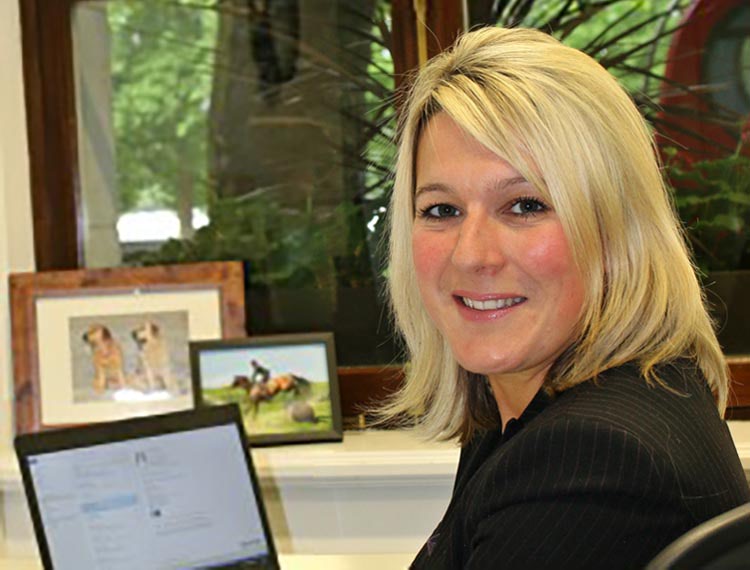Educators need to be ‘more pirate’

Henri Matisse said, ‘Creativity takes courage.’ As teachers are increasingly burdened with the demands of the EBacc, Progress 8 and a whole host of measures to record, resisting the pressure to ‘teach to the test’ and employ creative pedagogies, probably does take some courage.
If evidence was needed that creative subjects are being driven off our national curriculum, then the statistics speak for themselves.
Overall a decline of 35 per cent in the number of arts GCSE entries between 2010 and 2018.
In some subjects the drop is particularly dramatic such as Design and Technology; down by an astonishing 57 per cent.
In the last fortnight, a University of Sussex survey of over 700 state secondary schools found that 18 per cent of state schools no longer offer music as a GCSE subject.
The devastating impact of the narrowing of the curriculum on the creative industries – worth £92 billion a year to the economy – is already being felt.
By 2020, it’s anticipated the sector will need 1.2 million new workers, but there are skills shortages across the board in sectors such as digital, engineering and, as you will hear from Professor Roger Kneebone, Professor of Surgical Education at Imperial College, if you’re able to join us at our event at the Museum of Childhood on 30 October, medicine.
Being creative, able to solve problems, having the resilience to try again when something fails, working in a team and knowing when to show leadership, are not talents and attributes which exams are well designed to equip us with. A theatre rehearsal room or drama studio is probably a much better bet.
You may say that it doesn’t really matter as long as you pass the all-important exams, except it is employers who tell us that exam grades are a low priority for them when recruiting.
The latest CBI annual education and skills survey found that 86 per cent of businesses rated attitude and 68 per cent aptitude as a top attribute, compare to just 34 per cent who said the same of formal qualifications.
Our National Curriculum is Not Fit For Purpose
Edge’s latest report, launching on 30 October, is packed with evidence that our national curriculum is not fit for purpose and does not serve the interests of our 21st century digital economy.
It paints a depressing picture with businesses crying out for young recruits, while recent NEET figures stand at 729,000 18-24 year olds not in education employment or training.
But at Edge we like to focus on the positive and a large part of this report shines a spotlight on some of the fabulous initiatives and projects both in the UK and beyond.
Schools like Stanley Park High in Sutton, Plymouth School of Creative Arts in Plymouth and XP School in Doncaster, are swimming against the tide and using creative pedagogies to link learning to the real-world and make it relevant to the workplace.
OECD Director, Andreas Schleicher, said:
“For most of the last century, the widespread belief among policymakers was that you had to get the basics right in education before you could turn to broader skills. It’s as though school needed to be boring and dominated by rote learning before deeper, more invigorating learning could flourish.”
These schools – and FE Colleges and many other organisations – are proving that it doesn’t have to be the case.
A broad and balanced curriculum can help ensure students are engaged in school, have an opportunity to find their passion and, importantly, enjoy the learning experience. In turn they are more likely to succeed.
A Pirate’s Life for Me
Our event on 30 October coincides with an exhibition at the Museum of Childhood titled, A Pirate’s Life for Me.
Pirates might have a reputation for being disreputable, but they also possess skills and characteristics we can all learn from. Being resourceful; collaboration and team work; equality for the crew; mutiny – change for the better can come from the bottom up.
And of course pirates have to be fearless. We know that 10 per cent of teachers are leaving the profession each year and many more are exhausted and disillusioned.
Edge believes teachers should have the freedom and autonomy to teach in the most creative, engaging and effective way. We want to support teachers to stage their own mutiny in the classroom, which is why we have established Edge Future Learning.
We are offering Project Based Learning (PBL) resources, teacher externships and are running our own pilot in three schools in the North East based on the Nashville of Academies model.
As education policy stands now, creativity probably does take courage, but if we are to ensure young people are equipped to thrive in a rapidly changing workplace, that we can meet the skills needs of our economy and teachers have the self-determination and status the profession warrants, then we probably all need to be ‘more pirate’.
Alice Barnard, Chief Executive of Edge
Copyright © 2018 FE News
Join the conversation at the free Edge Annual Lecture event at the V&A Museum of Childhood on 30 October. Visit our website to learn more about Edge Future Learning.












Responses